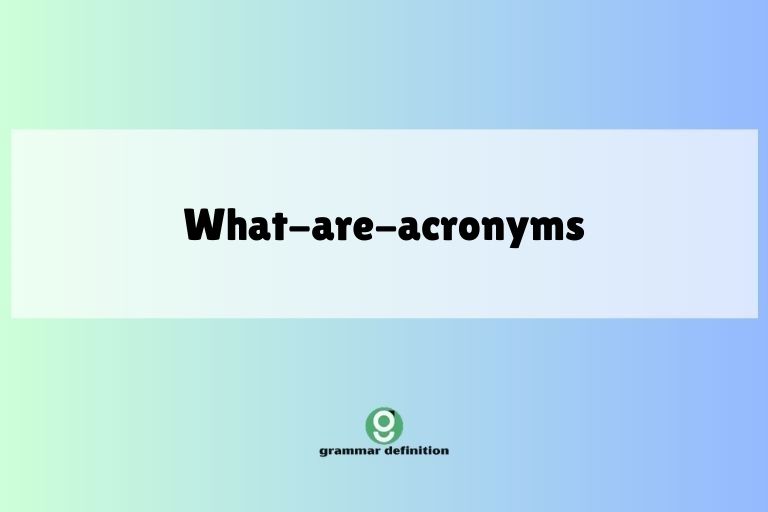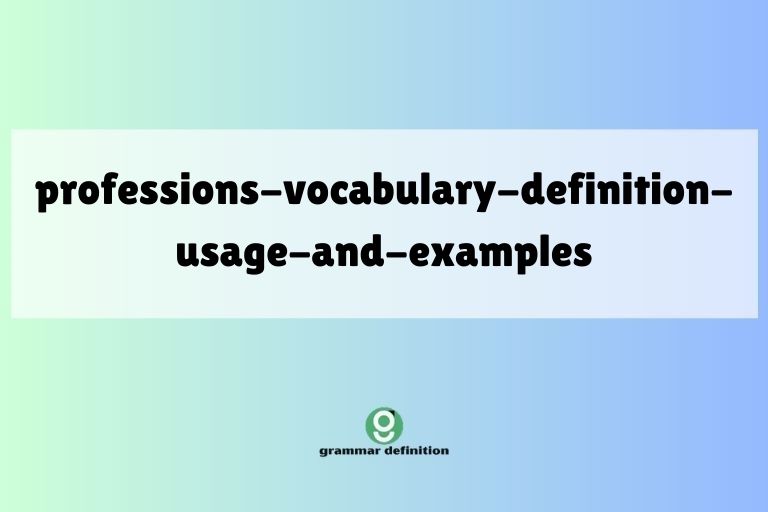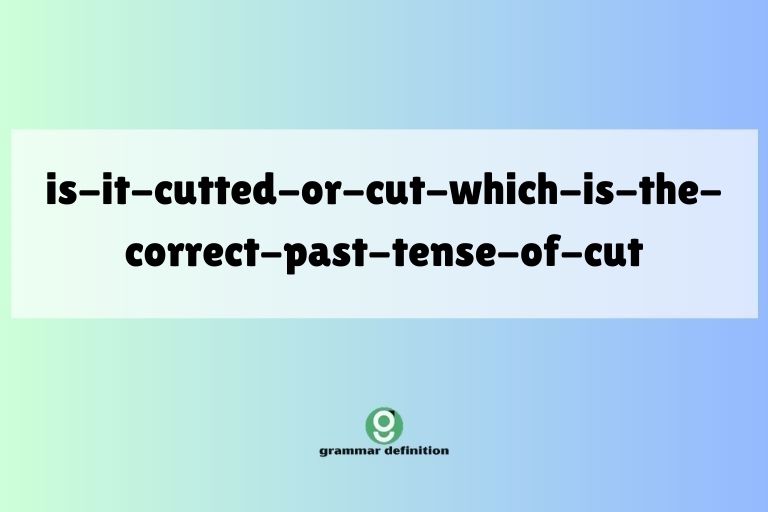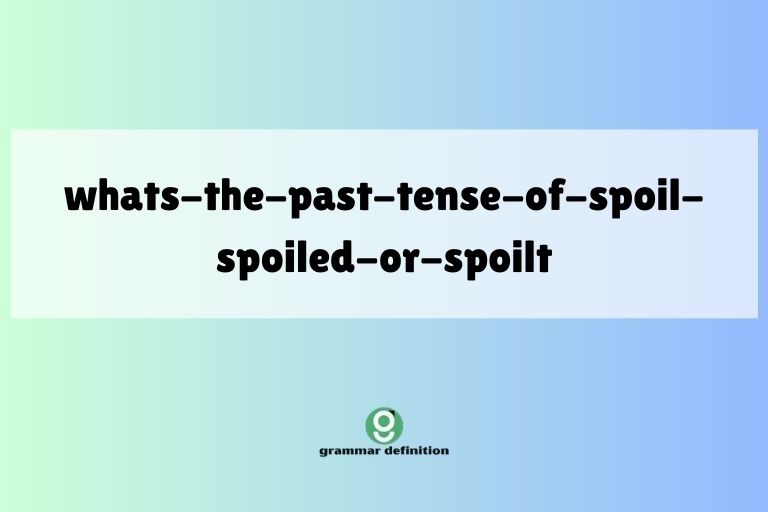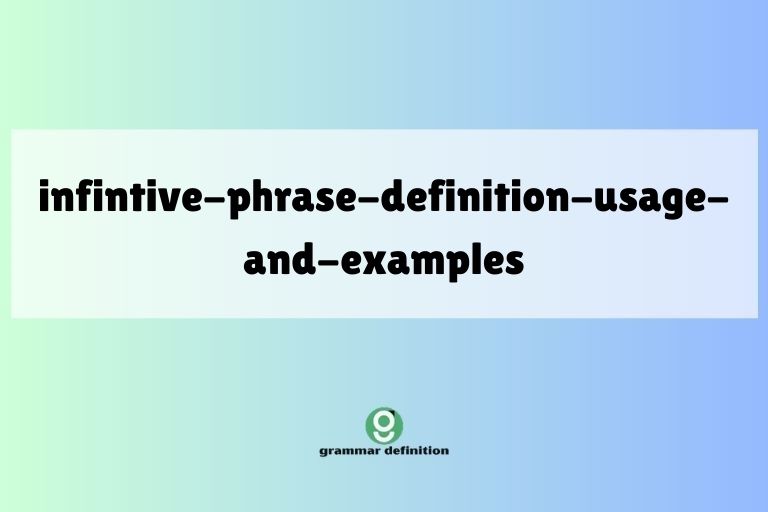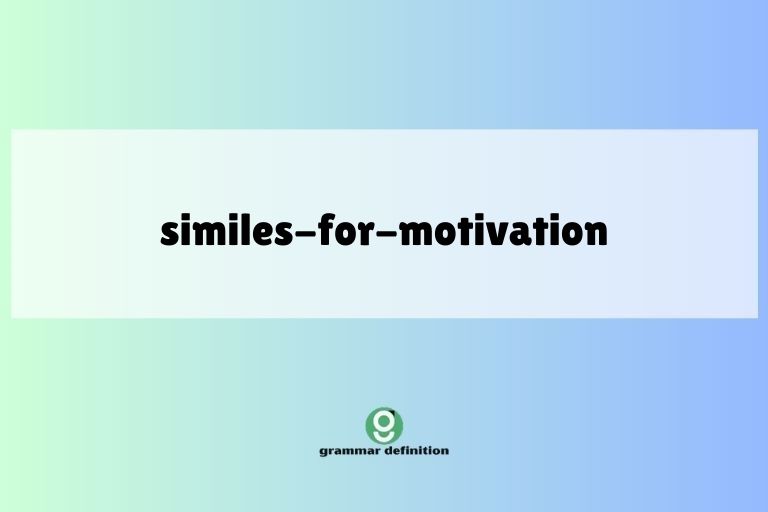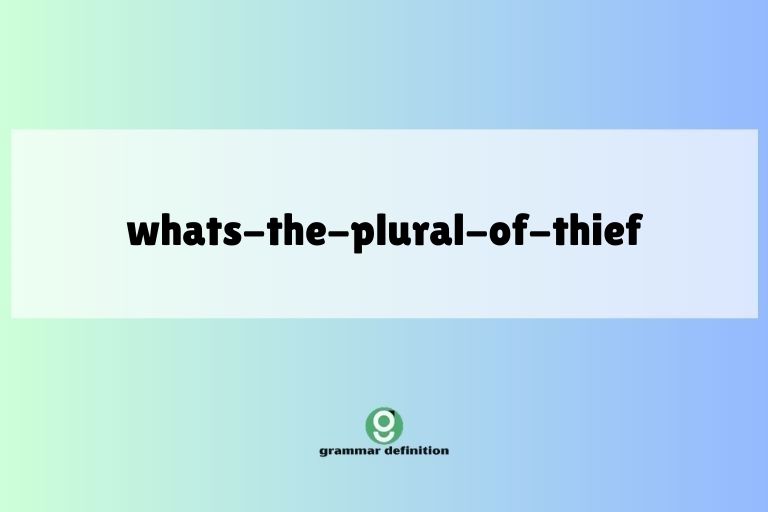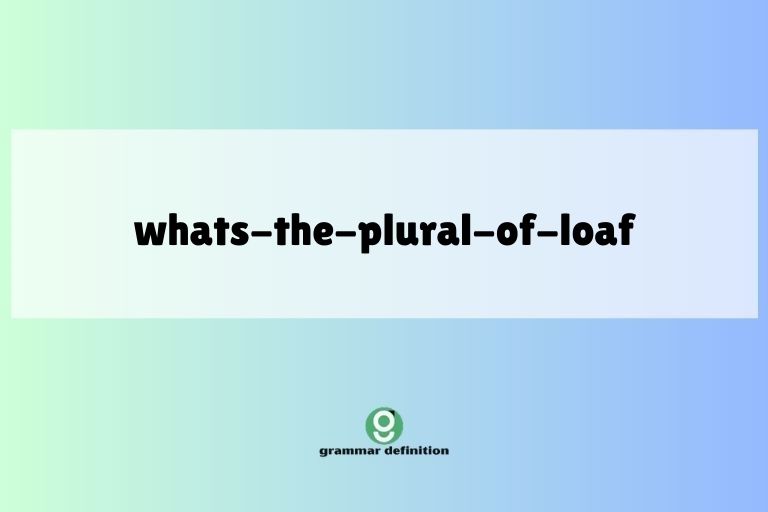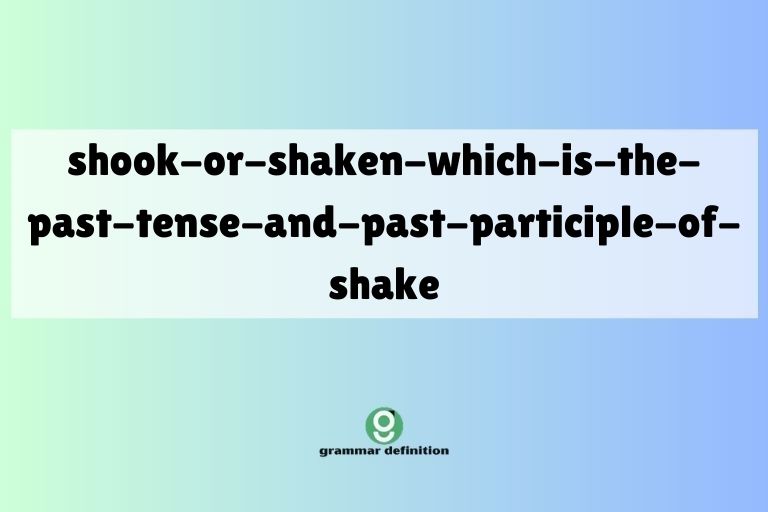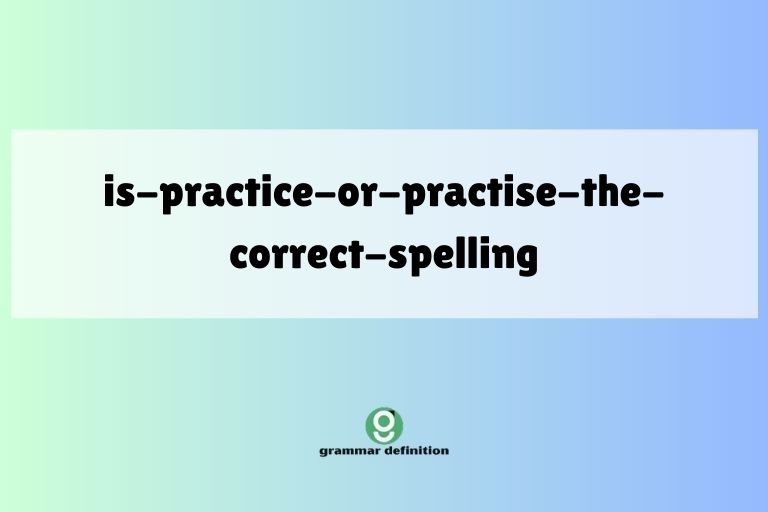Understanding Acronyms: A Comprehensive Guide
Acronyms are an integral part of the English language, streamlining communication and enhancing efficiency across various contexts. From everyday conversations to professional documents, acronyms are ubiquitous. Understanding how to correctly form and use acronyms is essential for clear and effective communication. This guide provides a comprehensive overview of acronyms, covering their definition, formation, types, usage … Read more

